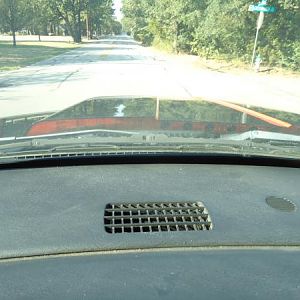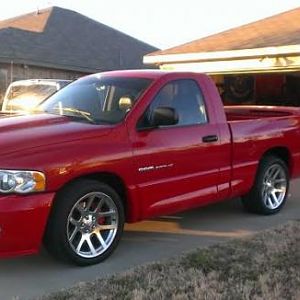I was in our family tire business for over 25 years and I can tell you that the tire age thing is being blown way out of reality. Most of the tires they showed with tread seperated off the casing is the result of under inflation or overloading. Take for example the story of the van full of boys driving to Canada. Vans are notorius for being overloaded over the tires load rating. If the tire was underinflated its load capacity is lower. Most tire manufactures have a 4 year warranty for weather checking. If the tire is cracked in the sidewall or tread area then you should not drive on them and get them replaced. The weather checking will appear as small cracks in the tire caused by UV rays. If the cracks are big enough and moisture enters the tire to the corded body then the tire can become weakened and should not be use. Modern tires do not use natural rubber but rather petroleum based artificial rubber that avoids the short comings of natural rubber. If a tire is kept out of the sun to avoid UV damage I would not hesitate to drive on tires that were 10 years old. We all know we should check the air pressure in our tire once a month but who really does it? That is why we are seeing tire pressure monitors on new cars.
The only real draw back to a older tire I know of is that as rubber ages it becomes harder. This will let the tread wear longer but will have a trade off of traction in a very marginal way.
The only real draw back to a older tire I know of is that as rubber ages it becomes harder. This will let the tread wear longer but will have a trade off of traction in a very marginal way.





